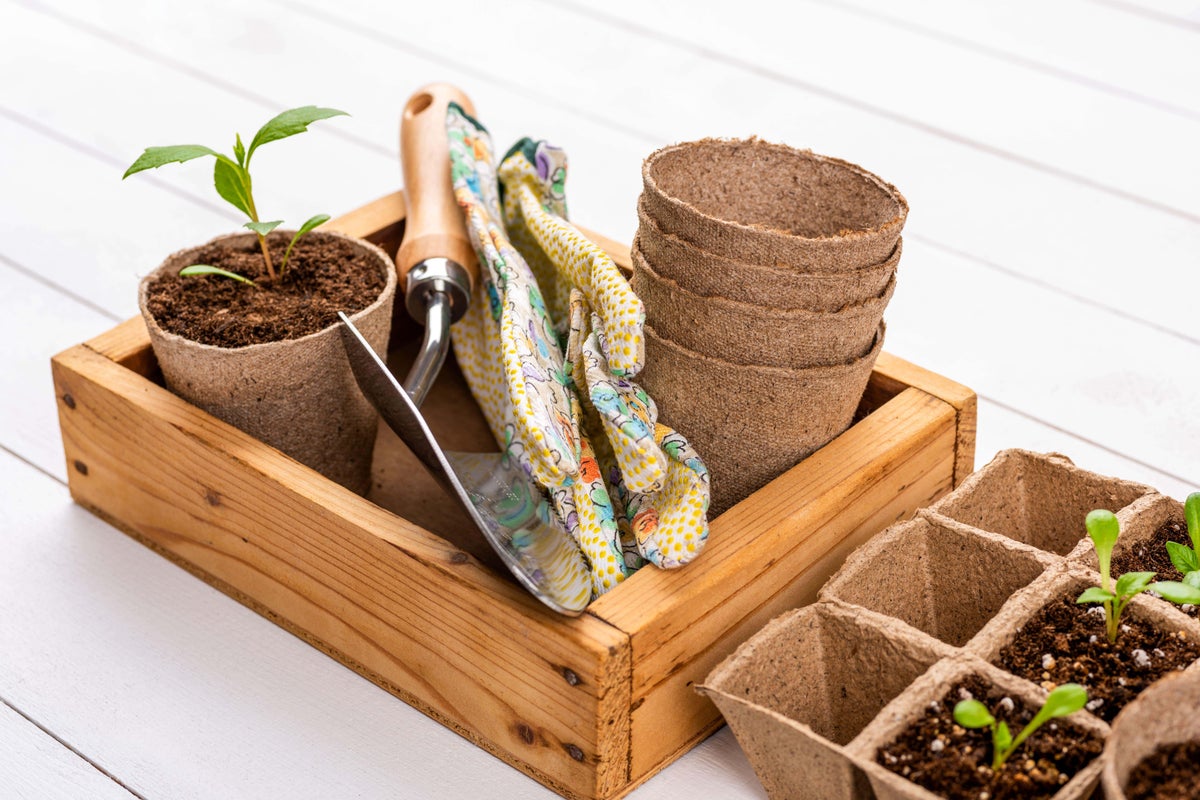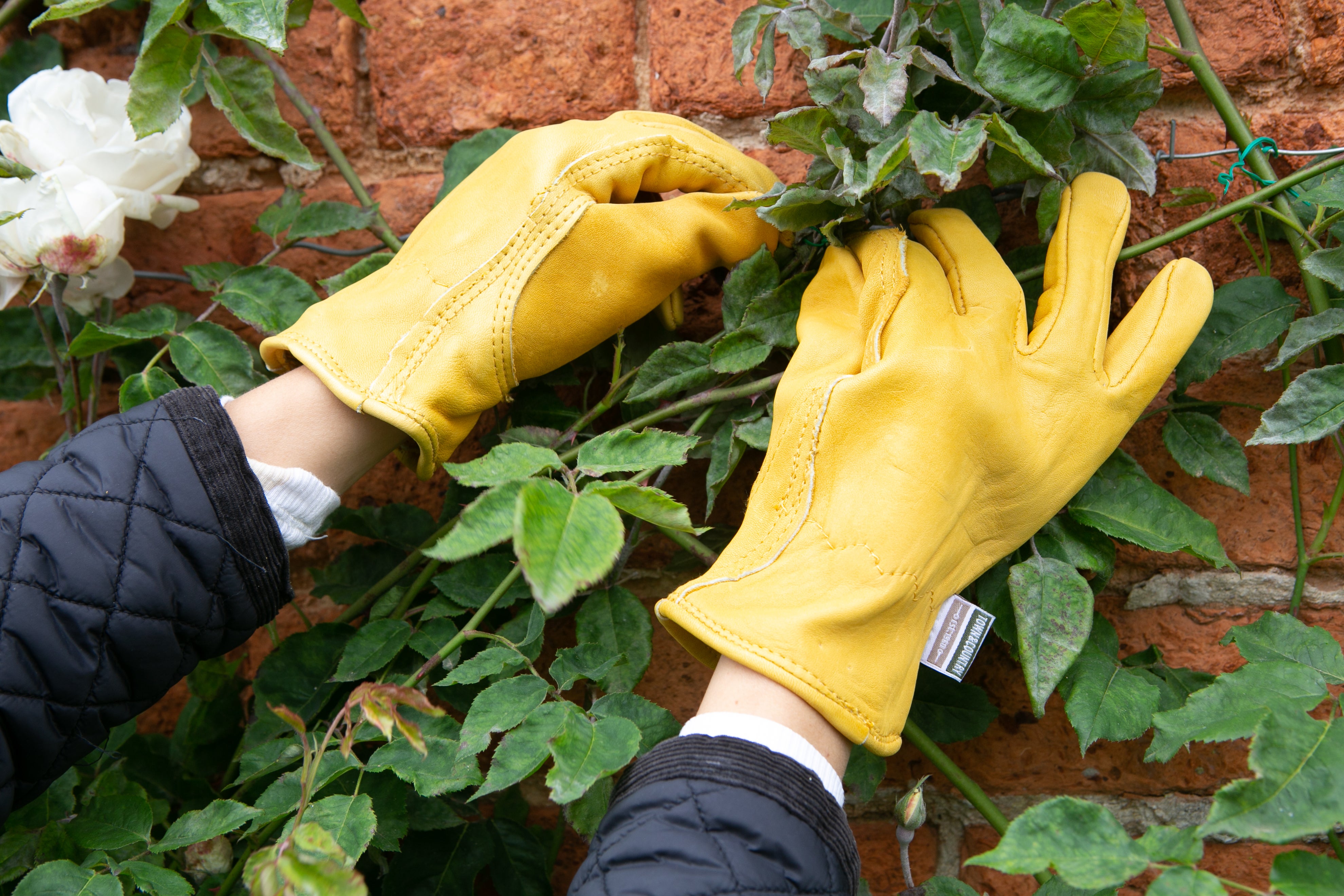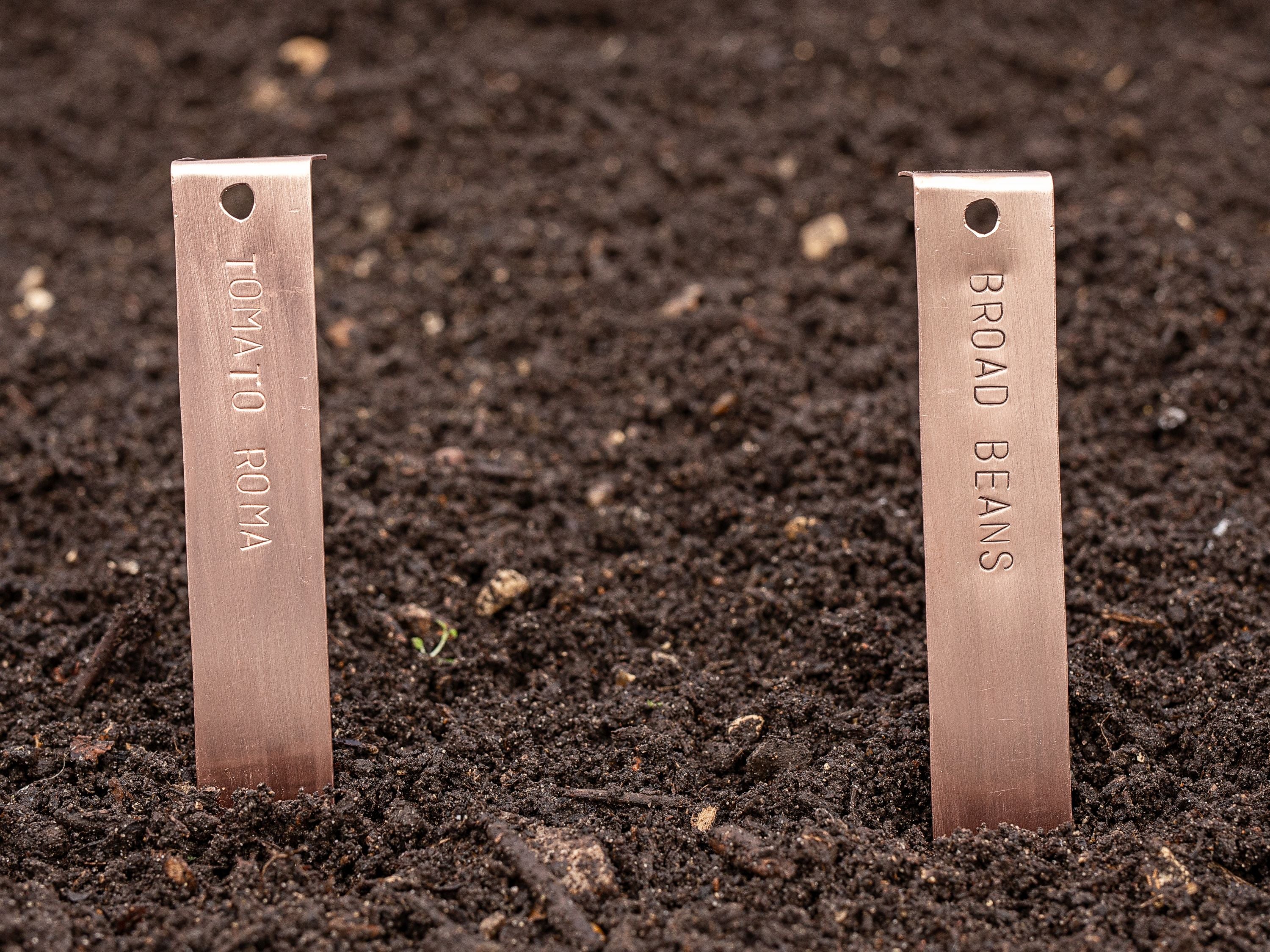
As Plastic Free July is upon us, it’s time to ditch those plastic garden accessories and choose some different ones to replace them.
There are many alternatives these days, so you don’t need to be buying plastic trays, pots, netting or twine, as so many other sustainable materials are available to help you garden, from bamboo and wool to coir, cotton and rubber, so just consider these five swaps – and you could make a difference.
But whatever you decide to swap, make sure that it’s not going to arrive wrapped in a load of plastic which isn’t biodegradable – check how items are going to be packaged before you buy.
Choose bamboo
Bamboo pots, trays, gloves and even socks are widely available and can be easily swapped in for your old plastic versions (although if you can reuse old plastic trays and pots time after time, let them fall to pieces before you replace them). You can even get gardening tools with bamboo handles.
Bamboo accessories can also be reused over and over again, will hold their shape but will eventually biodegrade. Just make sure when you are buying them that items like gloves don’t contain any plastic (epoxy) resin in addition to the bamboo fibres.
The label should say they are 100% compostable, which means it will break down. Just make sure pots and other items can be bought in bulk and check with the retailer that they are going to arrive in plastic-free packaging.
Where to buy: Haxnicks has a wide range of bamboo plant pots, scoops, seed trays, plant labels, and hoops for cloches – each designed to embrace a more eco-conscious living; Dobbies Garden Centres also has a wide range of bamboo items including a handy bamboo scoop for scooping compost.
Alternative gloves

If you’re buying gloves, why not splash out on some seriously hard-wearing leather ones (but make sure they are not chemical-coated), or those which incorporate both leather and cotton, which will both be stylish and practical?
Where to buy: The Wildlife Community offers Fair Rubber Association certified natural rubber and organic cotton gloves, which are widely available; Town & Country offers premium leather gloves in a variety of sizes; Ethical Shop offers plastic-free garden gloves made from 100% organic cotton with a coating of fairly traded natural rubber over the palms and fingers for hand protection.
Go for metal watering cans
Need a new watering can? Go for a metal version which will do the job just as well as a plastic one and you can get some with beautiful floral designs on them in a great range of colours.
Metal watering cans, particularly those made of galvanised steel or aluminium, are generally considered more sustainable than plastic ones due to their recyclability and longer lifespan.
Those growing houseplants can also swap plastic for metal watering cans indoors.
Where to buy: Burgon & Ball, which offers both heavy-duty metal watering cans made from galvanised steel and colourful indoor models which are ornamental as well as practical; Kent & Stowe offer galvanised steel outdoor watering cans in numerous colours and two sizes, with a folding handle to make carrying easier.
Swap your plant labels

Instead of buying white plastic plant labels, which at best look practical rather than stylish, there are plenty of alternative materials on the market which will make your markers look so much prettier, from responsibly sourced slate to terracotta and wood.
If you’re on a budget you can use old lollipop sticks, although they will tend to absorb wet compost and decompose quickly. If you’re on less of a budget, copper labels are having their day.
Where to buy: Copper & Green offers pure copper plant labels, handmade in the UK, which are waterproof, windproof and resistant to rot; The Garden Label & Sign Company sells all manner of labels from wood to slate, with engravings available; Stocks & Green have a good range of biodegradable and reusable labels.
Natural twine
Ditch plastic-coated string for home-produced jute or even wool. Wool is renewable, strong and durable and, as a natural product, it releases nitrogen as it biodegrades.
Where to buy: Choose from a selection of home-spun industries who value sustainability. Twool uses the wool from its local Whiteface Dartmoor sheep and supports British farming; Scottish-based company Nutscene offers plastic-free traditional jute in 22 colours, which will arrive in plastic-free packaging.







